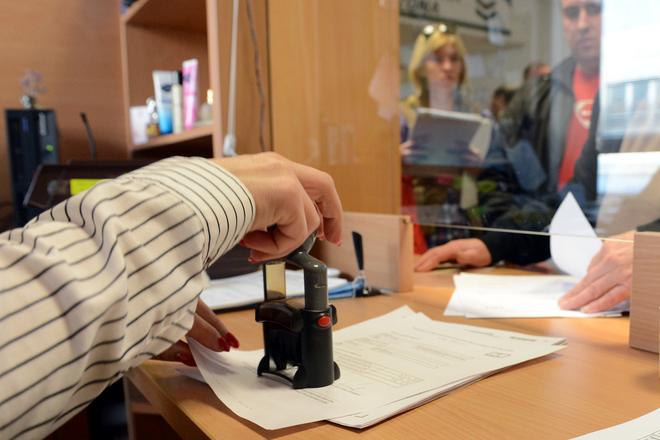Increasing regulatory requirements, technological changes and the availability of human resources and data security are the main challenges auditing companies are facing in Slovakia.TSS: What are the impacts of the law on statutory audit, passed in Slovakia in November 2015 and valid since mid-June 2016? Has it achieved the required effect, i.e. enhanced financial reporting transparency, providing auditors with a strong mandate to be independent while fostering market diversity? ZL: The impact of the new law on statutory audit has been significant, both for audit firms and clients. It was expected for several years, given the development of the profession and financial market in the US and subsequently in the EU. It clarifies the situation for auditors and clients in the public interest by increasing the oversight of public interest entities and audit firms. At the end of the day, it will provide higher protection for investors and other stakeholders (i.e. employees, suppliers, banks) at the biggest companies.
“The complexity and volume of auditing and accounting regulations are increasing while the pressure on audit fees from clients continues,” said Dalimil Draganovský, partner and head of assurance at EY in Slovakia. “The market is trying to find balance between the required audit quality and audit efficiency.”
The Slovak Spectator spoke about current challenges auditing companies in Slovakia are facing with Draganovský, Zuzana Letková, audit partner at Deloitte in Slovakia, Bart Waterloos, partner at VGD Slovakia and Peter Mrnka, director of PwC in Slovakia.
The Slovak Spectator (TSS): What are the biggest challenges for auditing companies locally and globally? Are there any changes that should be adopted in Slovakia?


